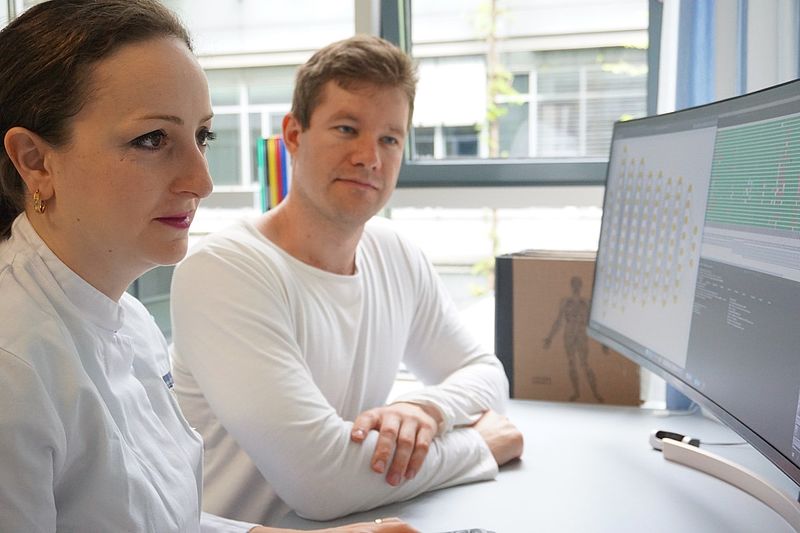Post-operative bleeding and acute kidney failure are among the most dangerous complications after heart surgery or surgery at the vessels near the heart. The earlier they are detected, the greater the chance of successful treatment measures.
It is true that the patients' bodily functions and circulatory parameters are continuously monitored in a modern cardiac surgery intensive care unit using a wide range of measuring instruments. At the same time, however, it is hardly possible even for experienced physicians to "read out" early signs of complications from among the many continuously recorded monitoring data, even before actual symptoms occur.
A team led by Professor Alexander Meyer, MD, a physician at the German Heart Institute Berlin (DHZB), has developed algorithms with precisely this ability.
To do this, Meyer and his colleagues built so-called "recurrent neural networks," artificial intelligence that was "trained," so to speak, using the stored and anonymised data of more than 50,000 patients at the DHZB for the early detection of post-operative bleeding and acute kidney failure.
Potentially life-threatening conditions can thus be predicted and prevented in time by appropriate therapeutic measures.
The systems have been tested in the intensive care units of the DHZB since April 2018 in real hospital settings and will now be transferred into the certified medical devices "x-c-bleeding" and "x-c-renal-injury", which are marketed by the company x-cardiac.
The company that has now emerged from this project will launch several other products on the market in the medium term, explains Alexander Meyer: "The principle of early detection of postoperative complications based on big data and with the help of artificial intelligence can be extended to a large number of surgical subdisciplines and specific complications. We are convinced that our developments can significantly reduce not only mortality after surgery, but also the length of stay of patients in the intensive care unit and thus also have a contribution to the economic efficiency of hospitals."
The retrospective validation study of the postoperative bleeding prediction system was published in Lancet Respiratory Medicine.
The evaluation of the system for early detection of acute renal failure was published in nature partner journal (npj) Digital Medicine.
Source: Press release German Heart Institute Berlin
Artificial intelligence against life-threatening complications


